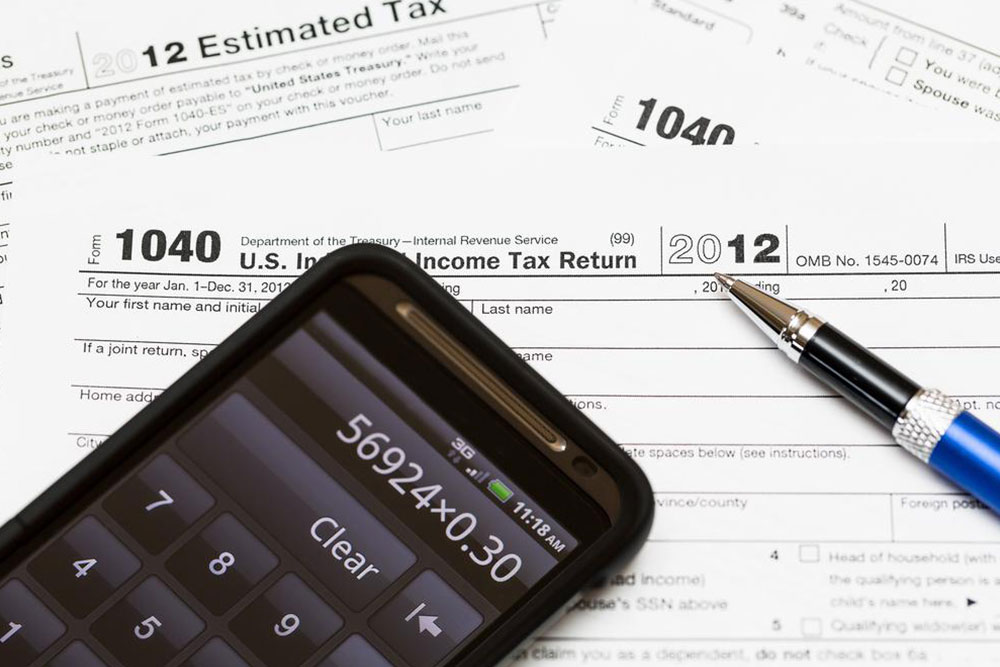Comprehensive Guide to Federal Tax Identification Numbers and Their Critical Role in Business and Taxation
This comprehensive guide explores the significance of Federal Tax Identification Numbers (TINs), including EINs and SSNs. It details how individuals and businesses can apply for these identifiers online, their roles in tax filing and compliance, and the importance of using the correct number based on your business structure. Whether you're a sole proprietor or a large corporation, understanding these numbers is essential for smooth financial operations and legal adherence, helping you avoid penalties and streamline tax processes.

An In-Depth Look at Federal Tax Identification Numbers and Their Importance
In the realm of business operations and taxation, the role of Federal Tax Identification Numbers (TINs) is profoundly significant. TINs, which encompass various official identifiers such as Employer Identification Numbers (EINs), Social Security Numbers (SSNs), and Individual Taxpayer Identification Numbers (ITINs), are issued primarily by the Internal Revenue Service (IRS) and the Social Security Administration (SSA). These unique identifiers facilitate the accurate tracking of business entities, ensuring compliance with tax laws and streamlining official documentation processes.
Whether you're a sole proprietor, a corporation, or a partnership, understanding the nuances of these numbers is crucial for smooth financial management and legal adherence. Applying for a TIN is straightforward and can be conveniently completed online through the IRS website at no cost, making it accessible for individuals and organizations alike.
Identifying your federal tax number is vital for multiple purposes. For instance, when you receive your W-2 form from your employer, the SSN appears in box A, serving as your primary tax identifier. If you do not have your Social Security card on hand, you can request a replacement card through a visit to your local SSA office. To do this, you'll need to present valid identification such as a driver’s license or state ID along with supporting documents like your birth certificate or passport.
Similarly, employers and business owners often reference their Employer Identification Number (EIN) for payroll, tax filings, and official documentation. These numbers are typically found on payroll records like the W-2, usually in box B, or through communication with your payroll or human resources department. The question often arises whether individuals can utilize their SSNs as their tax identification number; the clear answer is that while sole proprietors may use their SSNs for tax purposes, corporations, partnerships, and LLCs are legally required to obtain and use an EIN to identify their business entities and fulfill tax obligations effectively.
Understanding these numbering systems is not merely procedural but essential for ensuring compliance with tax laws, avoiding penalties, and maintaining accurate records for audits or financial planning. Whether you're managing personal taxes or running a large corporation, knowing when and how to use these identifiers will simplify your interactions with tax authorities and help safeguard your legal and financial interests.
In summary, the Federal Tax Identification Number is a cornerstone in the landscape of business and taxation, serving as a vital link between entities and government agencies. From applying for an EIN to managing your SSN, understanding the significance and proper usage of these identifiers is fundamental to efficient tax administration and business management.





